Russia "will abide by ceasefire"
U.S. officials say Sergei Lavrov has pledged that Moscow will "faithfully" implement a ceasefire agreement signed by Georgia.
Saturday, 16.08.2008.
10:10

U.S. officials say Sergei Lavrov has pledged that Moscow will "faithfully" implement a ceasefire agreement signed by Georgia. Russia has not yet signed the document, but the Russian foreign minister is said to have given the assurance following a phone call from U.S. Secretary of State Condoleezza Rice. Russia "will abide by ceasefire" Rice has demanded Russia withdraw its forces at once from their current positions deep in Georgian territory. Russia says its soldiers are working to protect civilians from Georgian troops. In principle, the ceasefire agreement should lead to international talks to resolve the status of the breakaway regions of South Ossetia and Abkhazia. But the Georgian President Mikhail Saakashvili has vowed his country will never accept any loss of its territory. At the same time, Russian President Dmitry Medvedev has said that after what has happened, it is unlikely that the people of South Ossetia and Abkhazia could live in the same state as Georgians. (B92) Russian "advances" On the ground in Georgia, Russian forces had moved forward overnight, BBC sightings suggested. Russian forces still control Gori, which lies some 15km from the border with South Ossetia. Several tanks and armoured personnel carriers were seen in Kaspi, west of Gori and some 35km north-east of the capital Tbilisi - an advance of some 15km on their previous position. Lorries of soldiers were seen heading towards the town. Meanwhile, Russian troops were seen patrolling in Zestafoni, some 100km west of Gori along a major highway. Georgian officials also said Russian forces remained in the Georgian Black Sea port of Poti, the site of a major oil shipment facility, and a major Russian military contingent is further inland, at Senaki. The crisis began on August 7, when Georgian forces launched a surprise attack to regain control of South Ossetia, which has had de facto independence since the end of a civil war in 1992. The move followed days of exchanges of heavy fire with the Russian-backed separatist militias. In response to the Georgian assault, Moscow sent armoured units across the border into South Ossetia to intervene. Obstacles ahead Scores of people have been killed by the fighting and tens of thousands displaced. The EU-brokered ceasefire agreement which President Saakashvili has signed includes a pledge to pull all troops back to their pre-conflict positions. It also contains a plan to begin international talks about the future status of South Ossetia and Abkhazia. Rice, who has been in Tbilisi, telephoned Russia's foreign minister while she was flying back to the U.S., to urge his country to sign the ceasefire accord. "[Lavrov] said that Russia would implement the agreement faithfully," a state department official told journalists, adding that the Russian government first wanted to see Saakashvili's signature on the document. The French president's office said Russia had agreed to abide by a provision in the deal requiring Russian forces to withdraw from Georgian territory. Meanwhile, Saakashvili has ruled out any loss of Georgian territory, and accused the Russians of committing war crimes. "The Russian army brought in a large number of irregulars, mercenaries," he said. "They go around drunk, aggressive, armed and do all these atrocities." The president criticised the West for not granting Georgia membership of Nato, saying it could have prevented the fighting. Diplomats have said that the UN Security Council is expected to vote this weekend on a draft resolution formalising the ceasefire agreement. UN Secretary-General Ban Ki-moon will meet the Russian permanent representative in New York, possibly on Saturday, because he has so far been unable to contact the Russian president, officials have said. "Watching with alarm" President Bush is set to hold a video conference with some of his most senior staff, including Ms Rice and Defence Secretary Robert Gates, to discuss the crisis in Georgia. On Friday, Bush said Russia's actions in Georgia were "completely unacceptable". "The world has watched with alarm as Russia invaded a sovereign neighboring state and threatened a democratic government elected by its people," he said. He called upon Russia to end the crisis or risk its credibility on the global stage. Bush said he would send his secretary of state to Brussels next week to discuss how to deal with Russia with Nato foreign ministers and EU officials. But the president did not respond to comments from Russia's deputy chief of staff, who said Moscow would be justified in launching a nuclear attack if Poland went through with its agreement to base U.S. interceptor missiles on its territory as part of Washington's controversial defense shield.
Russia "will abide by ceasefire"
Rice has demanded Russia withdraw its forces at once from their current positions deep in Georgian territory.Russia says its soldiers are working to protect civilians from Georgian troops.
In principle, the ceasefire agreement should lead to international talks to resolve the status of the breakaway regions of South Ossetia and Abkhazia.
But the Georgian President Mikhail Saakashvili has vowed his country will never accept any loss of its territory.
At the same time, Russian President Dmitry Medvedev has said that after what has happened, it is unlikely that the people of South Ossetia and Abkhazia could live in the same state as Georgians.
Russian "advances"
On the ground in Georgia, Russian forces had moved forward overnight, BBC sightings suggested.Russian forces still control Gori, which lies some 15km from the border with South Ossetia.
Several tanks and armoured personnel carriers were seen in Kaspi, west of Gori and some 35km north-east of the capital Tbilisi - an advance of some 15km on their previous position. Lorries of soldiers were seen heading towards the town.
Meanwhile, Russian troops were seen patrolling in Zestafoni, some 100km west of Gori along a major highway.
Georgian officials also said Russian forces remained in the Georgian Black Sea port of Poti, the site of a major oil shipment facility, and a major Russian military contingent is further inland, at Senaki.
The crisis began on August 7, when Georgian forces launched a surprise attack to regain control of South Ossetia, which has had de facto independence since the end of a civil war in 1992.
The move followed days of exchanges of heavy fire with the Russian-backed separatist militias. In response to the Georgian assault, Moscow sent armoured units across the border into South Ossetia to intervene.
Obstacles ahead
Scores of people have been killed by the fighting and tens of thousands displaced.The EU-brokered ceasefire agreement which President Saakashvili has signed includes a pledge to pull all troops back to their pre-conflict positions.
It also contains a plan to begin international talks about the future status of South Ossetia and Abkhazia.
Rice, who has been in Tbilisi, telephoned Russia's foreign minister while she was flying back to the U.S., to urge his country to sign the ceasefire accord.
"[Lavrov] said that Russia would implement the agreement faithfully," a state department official told journalists, adding that the Russian government first wanted to see Saakashvili's signature on the document.
The French president's office said Russia had agreed to abide by a provision in the deal requiring Russian forces to withdraw from Georgian territory.
Meanwhile, Saakashvili has ruled out any loss of Georgian territory, and accused the Russians of committing war crimes.
"The Russian army brought in a large number of irregulars, mercenaries," he said. "They go around drunk, aggressive, armed and do all these atrocities."
The president criticised the West for not granting Georgia membership of Nato, saying it could have prevented the fighting.
Diplomats have said that the UN Security Council is expected to vote this weekend on a draft resolution formalising the ceasefire agreement.
UN Secretary-General Ban Ki-moon will meet the Russian permanent representative in New York, possibly on Saturday, because he has so far been unable to contact the Russian president, officials have said.
"Watching with alarm"
President Bush is set to hold a video conference with some of his most senior staff, including Ms Rice and Defence Secretary Robert Gates, to discuss the crisis in Georgia.On Friday, Bush said Russia's actions in Georgia were "completely unacceptable".
"The world has watched with alarm as Russia invaded a sovereign neighboring state and threatened a democratic government elected by its people," he said.
He called upon Russia to end the crisis or risk its credibility on the global stage.
Bush said he would send his secretary of state to Brussels next week to discuss how to deal with Russia with Nato foreign ministers and EU officials.
But the president did not respond to comments from Russia's deputy chief of staff, who said Moscow would be justified in launching a nuclear attack if Poland went through with its agreement to base U.S. interceptor missiles on its territory as part of Washington's controversial defense shield.










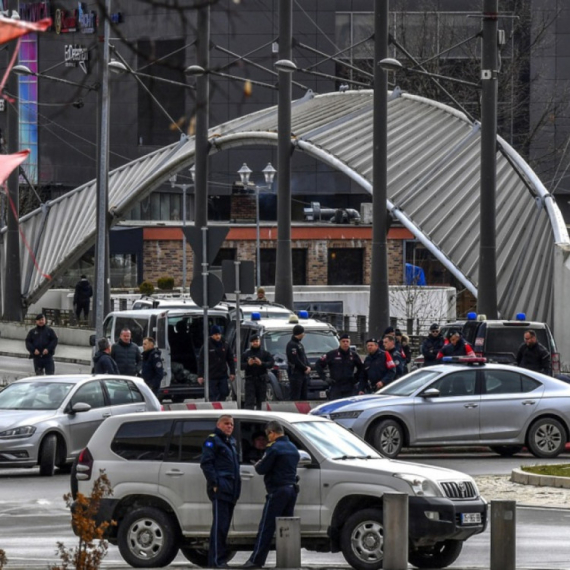
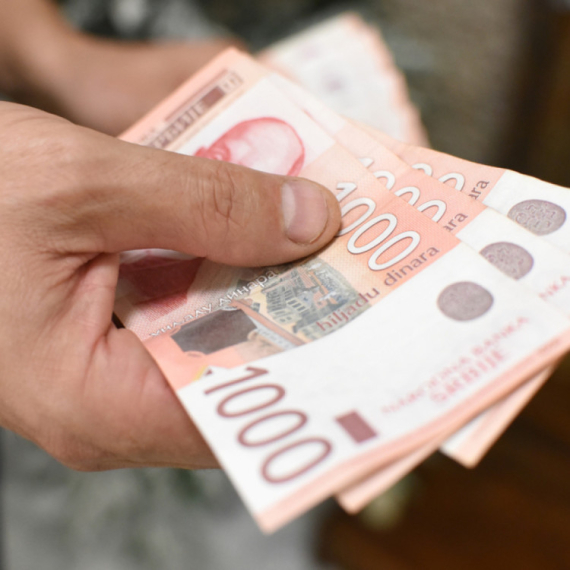

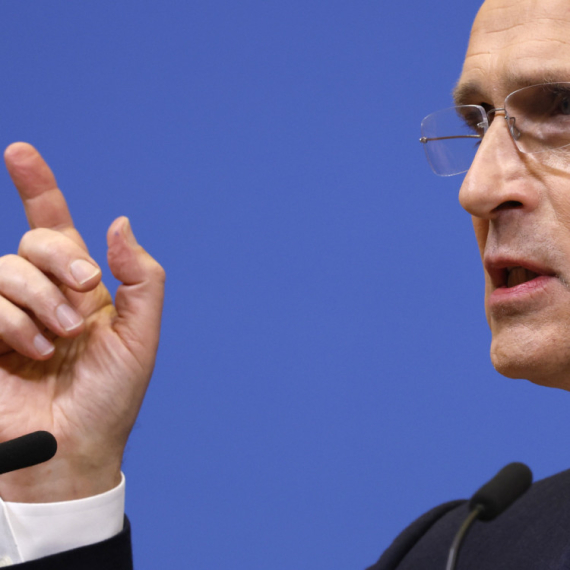


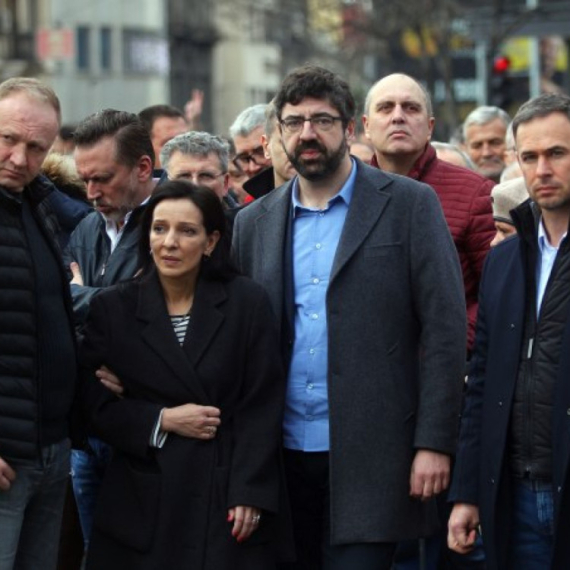
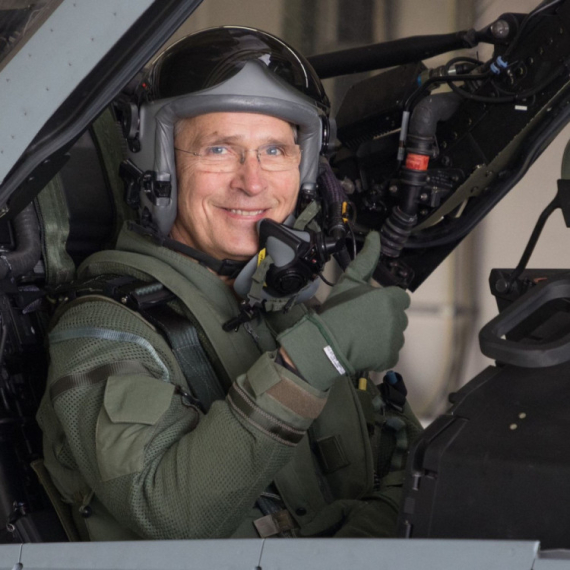
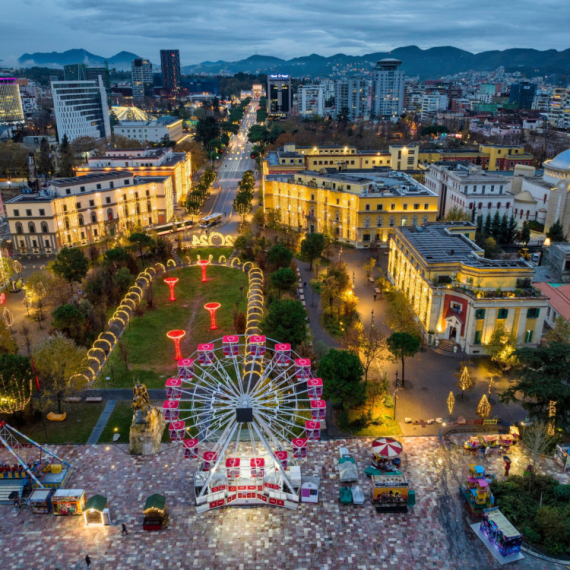


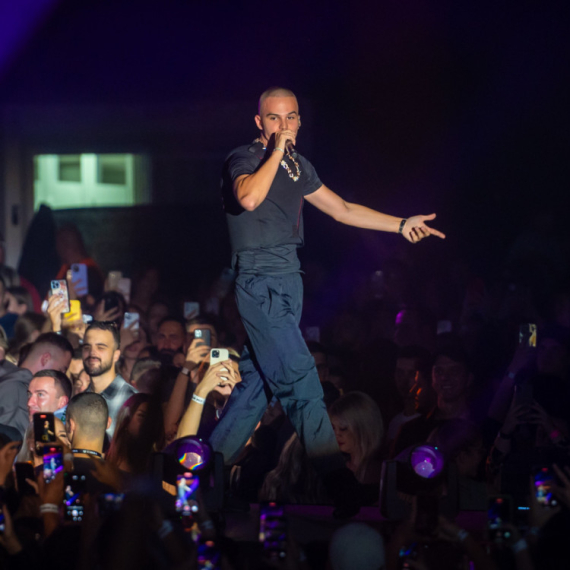



















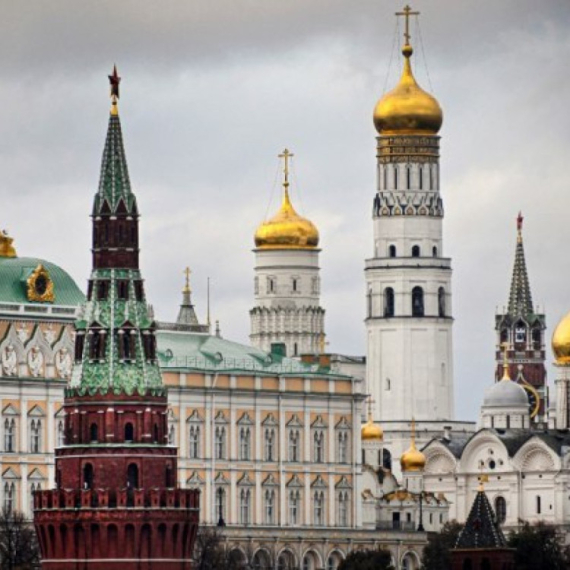





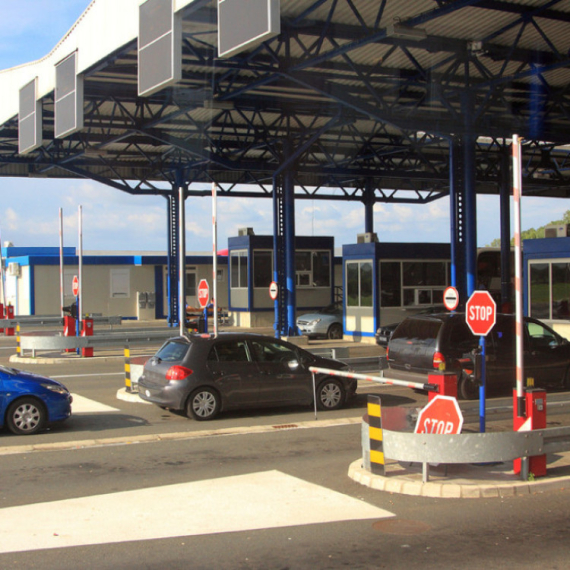






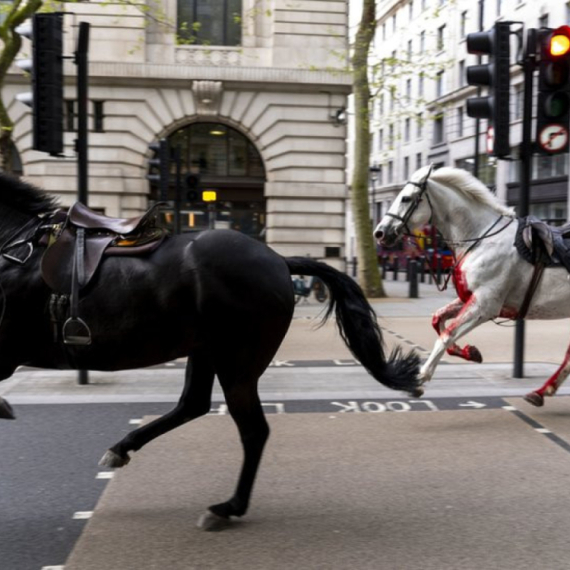
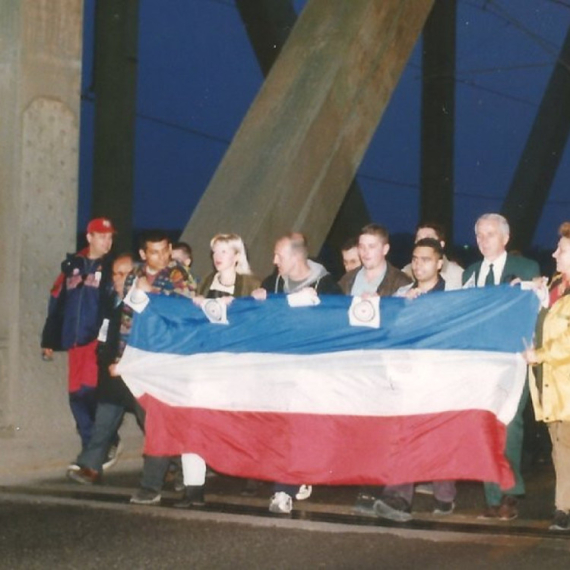


Komentari 0